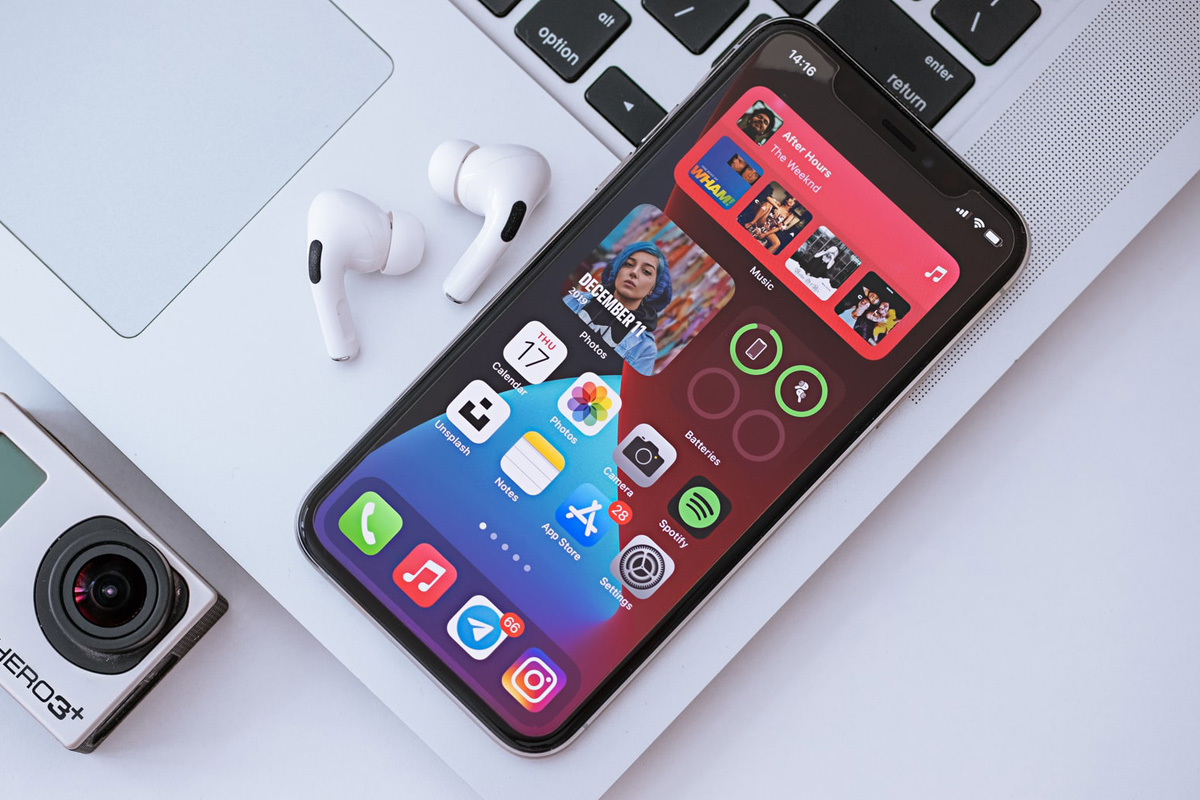Guy Stuff
Is Your Phone Spying On You? Here Is What Researchers Say
Has your conversation about a vacation been followed by ads for cheap flights on Facebook? Are you one of many people who see ads related to conversations they have just had? If so, you are probably wondering whether your smartphone listens to everything you say. Researchers say that spying phones are a possibility, but not the reality.
Your Smartphone Can Listen In On Conversations
Many people believe that their conversations are being recorded without their permission. According to a Consumer Reports survey, some Americans believe that their smartphones can snoop on them and collect data for marketing purposes. However, research has failed to find evidence of spying phones.
An analysis of 17,000 Android apps by researchers found no evidence of an app activating the microphone and leaking audios. The second group of researchers looked into popular apps like YouTube and Amazon, arriving at similar results.
Do these findings mean that your smartphone cannot record audios without your express consent? Not really. Because all smartphones have a voice-activated search feature, they are capable of recording audios. The audios recorded are not processed unless you use specific trigger words that activate the phone system.
iPhone’s “Hey Siri”, Google’s “Ok, Google”, and Microsoft’s “Hey Cortana” are some of the widely known trigger phrases. They signal the phone to record a set of instructions and carry out simple tasks. According to phone manufacturers, voice commands are processed within the smartphone and not sent anywhere.
Based on this analysis, it is safe to assume that your phone is always listening. It is not clear whether collected information reaches Facebook and other companies that use it for ads. However, it is not illegal for voice tracking to yield data for marketing purposes. Each time you sign up for an app, you accept the privacy policy and user agreements. Therefore, provided the voice search is activated, your phone may record dialogue and store it temporarily.
There Are Other Ways Of Collecting Your Data
Eavesdropping on your conversation is the least efficient way for companies to collect data on you. Why? Because it would take a lot of time and resources to convert audio into text, most companies would rather not do it. Breaking down the data to gather market intelligence would be even more costly.
So, why are all your ads related to private conversations you have had with others? There are many effective options for collecting consumer data through smartphones. Here are a few methods that big companies like Google and Facebook use:
- Asking for personal information like names and birth dates from first-time app users;
- Tracking location using phone GPS;
- Monitoring browsing habits through Facebook Pixels on various websites
- Taking screenshots of phone activity;
- Combining data across several apps to create consumer profiles.
Facebook has thorough data-tracking software that monitors your browsing activity across websites. Using Google to search for restaurants near you, and driving there using Google Maps’ directions provides enough info for targeted ads. Compared to the resource-consuming audio recording, each of these methods is more practical.
You will notice that all apps ask for permissions when you download them. Most times, these permissions are related to the purpose of the app. For example, Google Maps may request access to your location. However, some apps may request access to unnecessary permissions. Usually, it is a red flag.
What You Can Do About Your Privacy Concerns
Feeling a bit weird knowing your information is so easily accessible? A cybersecurity professional will tell you not to worry about an app knowing which sneaker brand you prefer. Other than showing you very specific ads, there is not much that companies can do with such information. However, if you have serious privacy concerns, there are a few steps you can take.
Limit Access To Your Browsing History
The best way to keep your browsing history private is by avoiding universal sign-on features. Having your Google and Facebook accounts linked is the easiest way to expose your data. So is signing into your Chrome browser. Your browsing history gives a lot of information that you may want to protect.
Check Permissions Granted To Apps
Most apps request permissions before use. Go to the settings on your phone and review the permissions granted. Usually, you can use an app even if you have not granted it full permissions. Most importantly, check Google’s voice assistant or Siri to know whether the voice search is activated.
Final Take
Your smartphone can listen in on your conversations. However, doing so to collect personal information for marketing purposes is not practical. Converting millions of audios to text is costly and labor-intensive. Most companies use alternative methods to collect information – usually through apps. If you are apprehensive about your privacy, look into permission granted to apps on your smartphone.

















Recent Comments